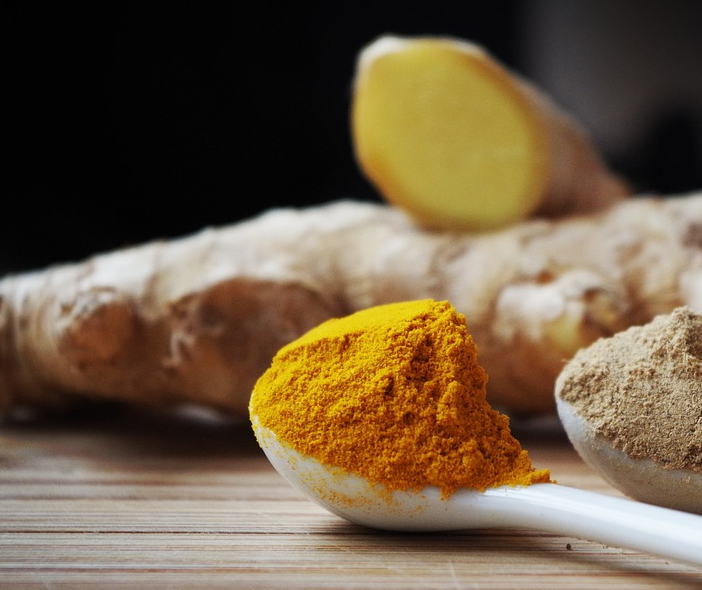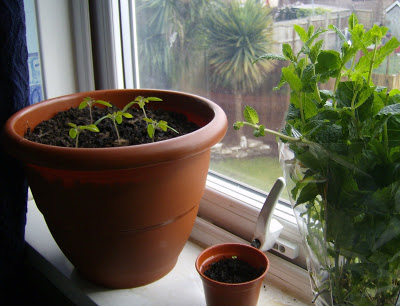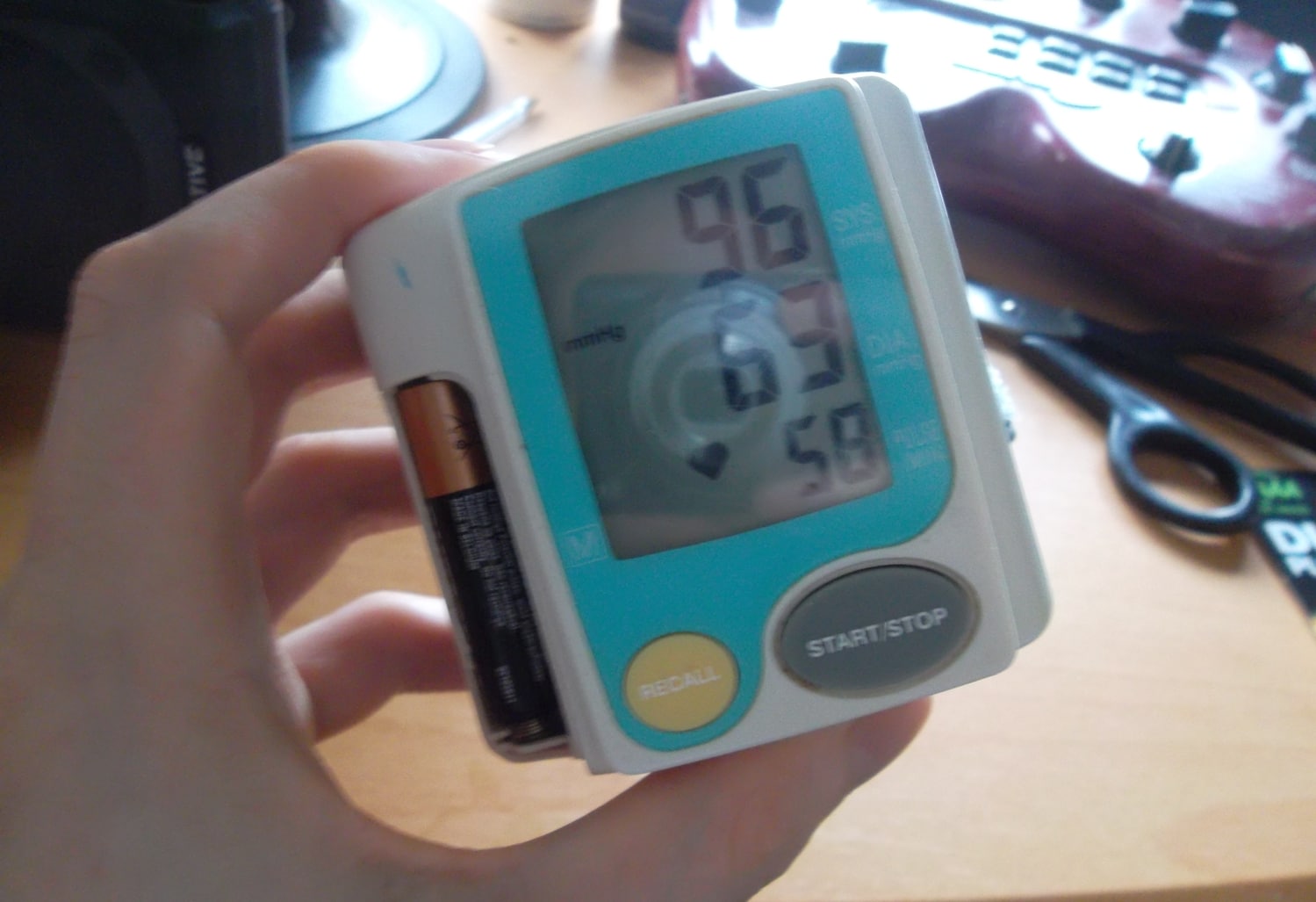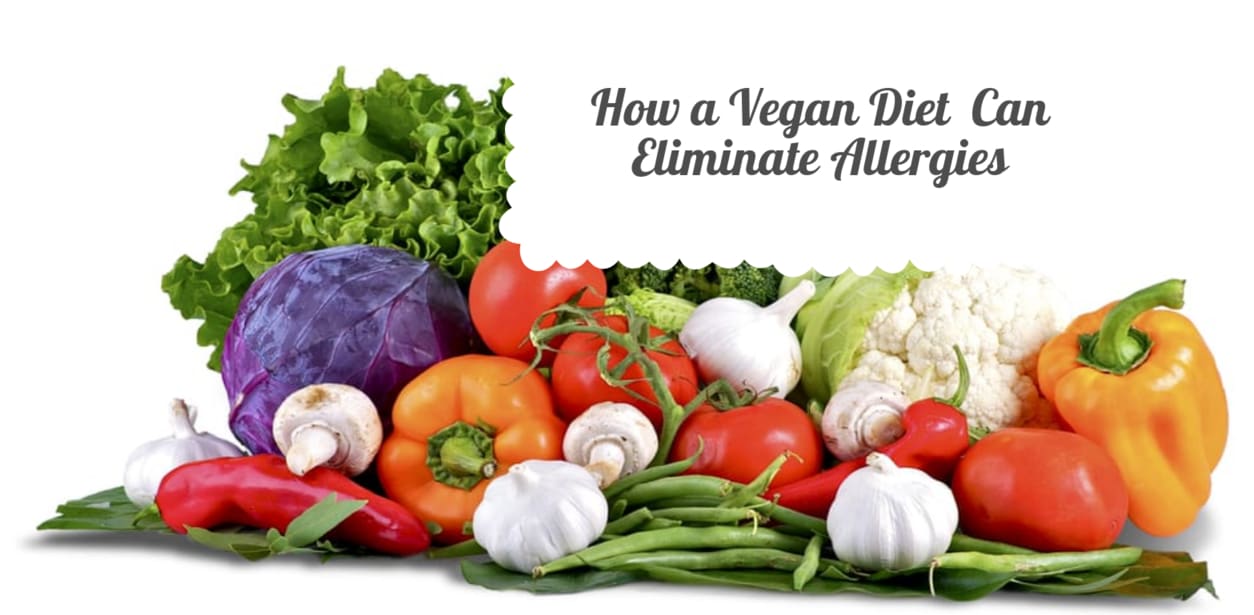Disclosure: This article may contain affiliate links. If you decide to make a purchase, I may make a small commission at no extra cost to you.
If you’re feeling cold after you started a vegan diet, you’re not alone. Having a low body temperature is something that you probably will experience for some time, especially if you’re also losing weight. But there is good news: you won’t feel this cold forever!

When I became a strict adherent to a calorie restriction diet in 2005, I started to lose weight and my body temperature also plummeted with it. This is a natural response by the body to conserve energy because it detects there isn’t food available, so it must hold on to every calorie it can.
It’s an important survival mechanism that is built into many mammals and has no doubt served us well. But it can definitely be a pain, especially if you’re living in a colder climate. But even in the summer, you can still feel a bit chilly with cold hands and feet.
I spent a lot of time home studying and working, so you would normally find me carrying my hot water bottle everywhere I went. And if I went out, I’d have to wear warmer clothing, even in the summertime.
The lowest I recorded my body temperature at was 94.8 °F after I just woke up. Over the day, my body temperature would follow the normal rhythm, but it would rarely get above 96.8 °F. Core body temperature for humans is normally between 97 °F to 99 °F.
After being on my diet for many years, I no longer feel as affected by the cold as I once did. I don’t feel on the verge of shivering, and my hands and feet don’t feel as cold. But still, as I remain on the diet, my body temperature is still on the low side with an average reading of 95.9 °F.
I measure and keep track of my temperature using an old Braun Thermoscan thermometer (this is the new version of the device).
This isn’t too much of a problem for me, because it’s exactly what I want! Having a low body temperature is just one of the signs that you might be aging more slowly. It has been associated with longevity in animals and in humans. [1]
But anyway, you yourself might not want to turn into an icicle, so I’ll give you a few reasons why body temperature drops and what you can do about it.
Why you’re cold and have a low body temperature on a vegan diet
There are many different reasons why you could have a low body temperature. Here are just some of the reasons you should consider.
#1. Reduced caloric intake
Even if you didn’t mean to intentionally reduce your calorie intake, there’s a good chance that your calorie intake has significantly dropped after you adopted the diet.
A plant-based vegan diet tends to be high in foods which are low-calorie. One of the common questions people ask is how they can stop losing weight after going vegan. It’s very effective because the plant foods contain low fiber and water and very little in the way of calories.
You have to make a conscious effort to include high-calorie foods in your diet to either maintain your weight or gain weight if that’s what you’re aiming for. Not everyone knows the best foods for this, but I have some good suggestions here on how to gain weight on a vegan diet.
A spontaneous reduction in calorie intake is one of the main reasons why vegans feel cold on the diet. But as I already mentioned, if you stick with it your weight will stabilize and you’ll start adapting. You won’t feel as cold as much, even if your body temperature still remains lower than it was before.
#2. You’re underweight
If you’re really skinny, you’re more likely to feel the cold. Body fat acts as an insulator and helps keep you warm while retaining muscle mass can help generate more heat because it’s more metabolically active.
Consider exercising more and increasing protein intake to help increase body temperature.
#3. Low protein intake
Aside from eating fewer calories, researchers have found that macronutrient intake differences might account for vegans lower resting metabolic rate (RMR).
The vegan group ate on average 40.45 grams of protein vs the non-vegans who ate 56.96 grams per day [2].
Other factors such as calorie intake and body composition were similar among the two groups.
Increasing protein intake may increase RMR in vegans and also increase body temperature.
If you’re interested in trying out protein powders, check out my article on vegan protein powder benefits.
I also compiled a list and reviewed some of the best vegan protein powders without stevia. These are clean protein powders that are super popular with vegans
#4. You have an iron deficiency
If there is one group of people who are most susceptible to iron deficiency, it is vegans. The problem with getting iron from fruits and vegetables is that it’s not as well absorbed as heme iron from animals.
My iron levels dropped significantly after I went vegetarian and then dropped even further after I become a vegan in 2012. My levels are barely above the normal reference range, so I have to keep a close eye on it.
Low iron will be more of a problem for women than men, but everyone should occasionally get checked and have blood tests done to be sure.
Low levels of iron can lead to hypothermia by altering the conversion of thyroid hormone T4 to T3 [3].
If you’re feeling persistently cold and have other symptoms associated with iron deficiency, go to a doctor and get tested.
#5. You have a zinc deficiency
Zinc deficiency is fairly common in people who are on a vegan diet. Some studies have estimated that almost 50% of vegans have a zinc-deficient diet and a mild to moderate zinc deficiency. This can lead to frequent infections, acne, hair loss, poor cognition, depression or worse.
Zinc is an important mineral that almost every cell in the human body needs to function properly. If you’re deficient, you may experience poor thermoregulation [4].
If you think you’re low in zinc, I recommend trying a zinc picolinate supplement, as this form of zinc is absorbed best.
#6. Hypothyroidism
When you’re eating a vegan diet and have reduced your calorie intake, thyroid hormone levels are likely to change, but still, remain within normal ranges “normal”.
These changes such as a mild reduction in T3 and possible elevation in TSH can be normal and not signify that you have a disease.
Aside from the normal adaptation that occurs when you go on a diet, there are some conditions and scenarios which can cause thyroid hormone problems. These include some of the following:
- Autoimmune diseases – The immune system attacks the thyroid gland.
- Medications – Many medications can contribute to thyroid problems.
- Iodine deficiency – If you’re on a vegan diet, you might be at risk of developing iodine deficiency. In one study, researchers found that 80% of vegans suffered from iodine deficiency! [5].
- Other causes – Other causes of hypothyroidism may include congenital diseases, radiation therapy, pregnancy, and pituitary disorders.
Symptoms of a low body temperature
Aside from the obvious symptom of feeling cold, having a low body can cause other effects on the body and mind that can make day to day activities more difficult, but are not life-threatening.
There are some more serious signs of hypothermia that you should be aware of and get treatment.
- Slow and shallow breathing
- Severe drowsiness
- Confusion
- Slurred speech
- Muscle trembling
- Weak and slow pulse
If you have a low body temperature you will be more susceptible to the cold and therefore you should take extra precautions especially if you are going to be exposed to the cold.
Tips to keep warm this winter

Although having a low body temperature might be great for longevity, it can leave some people feeling miserable. But there are many things you can do to help warm yourself up a little.
Vitamin C supplements
In a paper entitled “Vitamin C and Tolerance of heat and cold”, researchers review the evidence in humans for using vitamin C to help improve tolerance temperature extremes.
Studies have shown that giving vitamin C to people may help restore and maintain optimal body temperature. [6]
Chillie Peppers
Foods that contain capsaicin can help induce thermogenesis by boosting metabolism.
You can also get some cayenne pepper powder and put it in your tea to help keep you warm! I love to put some in my green tea.
Hot Soups
I love eating soup, especially in the wintertime! Why not make your favorite soup and then put it in the freezer all ready to heat up when you’re feeling a bit cold?
Soups are my go-to meal in the wintertime if I’m feeling a bit chilly.
Hot Water Bottle
Hot water bottles are your friend! They come in all different sizes, shapes, with nice washable covers on them.
Just put on the kettle, fill them up, and hold them close to you! A simple solution but really effective! And really cheap, too.
Wear Warmer Clothing
Get out your favorite woolen hat and gloves and put them on. This will help prevent a significant amount of heat loss.
Take adrenal and thyroid supporting supplements
The thyroid is the thermostat for our body and so keeping it healthy is important for proper temperature regulation. The same goes for the adrenal glands. If you think that you’ve been under a lot of stress and may be suffering from adrenal fatigue, consider taking supplements for adrenal support.
Conclusion
A low body temperature from going on a vegan diet isn’t necessarily a bad thing, it could actually extend your life by years.
Over time the reduction in body temperature will be less severe as your weight stabilizes. And even if you maintain a low body temperature, you will adapt and not feel the effects of it quite as much.










Thanks for the information!
This was a great read and a great place to start as a new vegetarian getting the feel for the changes that are happening in my body.
Cheers!
Simon